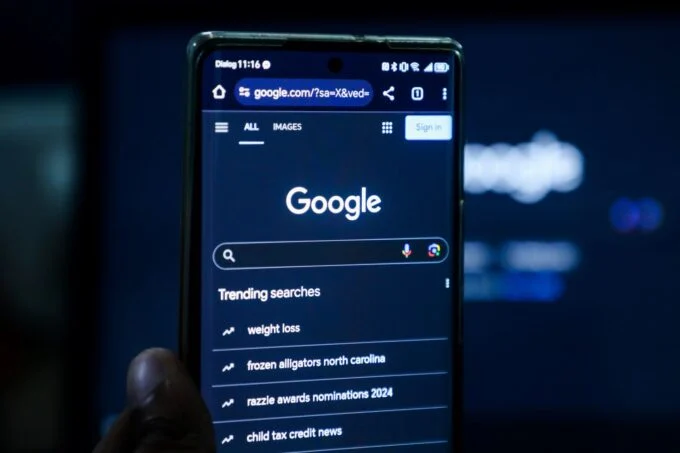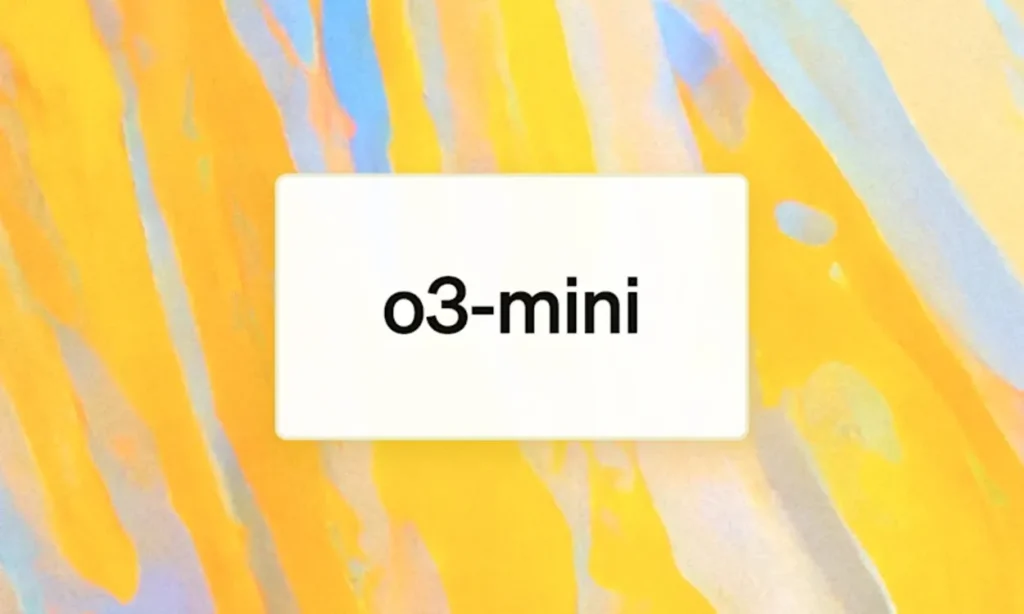Have you noticed your search results getting smarter—almost anticipating what you need? That’s AI at work. In 2024, artificial intelligence reshaped how search engines operate, with Google’s AI Overviews (AIO) now handling 25% of complex queries (8+ words) and delivering answers that feel eerily human 6. But this isn’t just about convenience—it’s a seismic shift in how information is prioritized, presented, and trusted. Let’s unpack the data behind these changes and what they mean for your digital strategy.
The Problem: Search Is No Longer a Simple Box
Gone are the days of typing a few keywords and sifting through pages of links. Today’s users demand instant, accurate, and context-aware answers. Traditional SEO tactics are struggling to keep up because:
- Complex Queries Rule: Longer, conversational searches (e.g., “How do I fix a leaky faucet without professional tools?”) now dominate, requiring AI to parse intent, not just keywords 6.
- Trust Is Fragile: With AI hallucinations (inaccurate outputs) still a risk, platforms like Google prioritize authoritative sources, especially in high-stakes fields like healthcare, where 72% of AI answers now come from institutional sites 67.
- Multimodal Madness: Users expect answers blending text, images, and video—forcing search engines to juggle multiple data types seamlessly 49.
The Solution: How AI Is Rewiring Search
AI isn’t just tweaking search—it’s rebuilding it from the ground up. Here’s what the data reveals:
1. Context Is King (and AI Knows It)
Google’s AI Overviews now excel at step-by-step guides and real-time relevance. For example, a query like “How to start a vegetable garden in winter” might pull tips from a trusted gardening blog, a YouTube tutorial, and a local climate dataset—all synthesized into one answer 6. This shift rewards content that’s deeply structured and rich with practical insights.
2. The Rise of “Invisible” Authority
Big brands aren’t the only winners. AI increasingly values niche expertise. In B2B tech, 15–22% of answers cite specialized vendors, not just industry giants 6. Think of it as a meritocracy: if your content solves problems better, AI will notice—even if you’re a small player.
3. Multimodal Magic
Search is no longer text-only. Tools like Google’s Veo 2 (video generation) and PaliGemma 2 (visual understanding) mean AI can now analyze images, videos, and even PDFs to craft answers 28. For marketers, this means optimizing visual content is no longer optional—it’s essential.
Actionable Tips: Thriving in the AI-Driven Search Era
- Double Down on E-E-A-T: Expertise, Experience, Authoritativeness, and Trustworthiness aren’t just buzzwords. Cite reputable sources, showcase credentials, and avoid fluff.
- Structure Content for Steps, Not Keywords: Break guides into numbered lists, use headers like “Common Mistakes” or “Pro Tips,” and embed videos or infographics 69.
- Leverage RAG (Retrieval-Augmented Generation): Partner with platforms using RAG architecture to ensure your data is tapped for AI answers while staying secure 9.
- Monitor Your Niche: Use tools like BrightEdge to track how often your content appears in AI Overviews—and adjust based on shifting citation patterns 6.
Conclusion: Adapt or Get Buried
AI’s takeover of search isn’t a distant future—it’s here. Brands that prioritize context-rich content, multimodal optimization, and authority-building will dominate. Those clinging to old SEO playbooks? They’ll fade into obscurity.
Ready to future-proof your strategy? Start by auditing your content for AI readiness—and share your biggest search challenge in the comments. Let’s navigate this brave new world together.
Data sources: Google AI advancements 2, BrightEdge AI Search trends 6, McKinsey’s 2024 AI adoption report 7.

